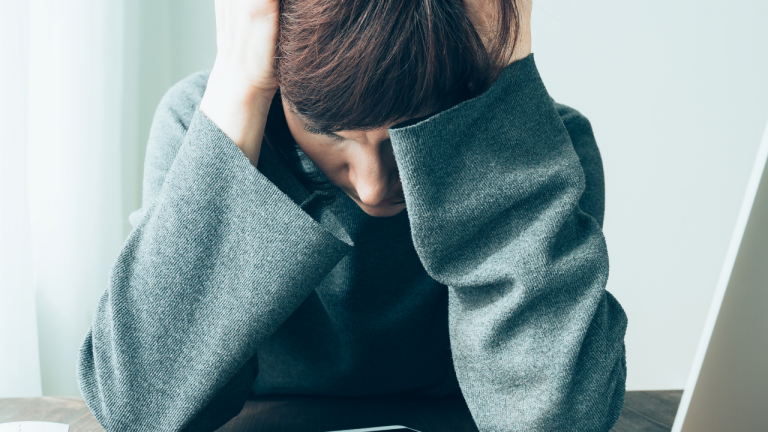Common Myths and the Realities about Anxiety
Myth: The Signs of Anxiety Disorders are Obvious
Fact: Anxiety Disorders Have Many Easy to Miss Symptoms
While the internal experience for someone with anxiety may feel loud, uncomfortable, and shaky often to people on the outside it may be hard to tell that someone is in distress.
In fact many people with anxiety disorders are hypervigilant which can, from the outside looking in, seem like they are simply very disciplined, proactive, or ‘on top of everything’.

Myth: Anxiety is In Your Head
Fact: Anxiety Is a Very Real Physical Experience
Anxiety disorders create effects on the body due to stress, which in turn can lead to additional ailments over time.
These physical symptoms are numerous and varied, but common symptoms include digestive issues, trouble sleeping, lowered immunity, irregular heartbeat, headaches, trouble concentrating, feeling lightheaded, changes in eating habits, and changes in sex drive.
Myth: Medication is the Only Treatment
Fact: Many People Find that Therapy & Mindfulness Techniques Help Too
Medications will not cure anxiety they can help manage the symptoms. For many people medication is an effective tool for feeling better as it can help calm anxiety well enough for a person to address the causes and their behaviors that may be impacting anxiety.
However evidence suggests that a combination of therapy along with medication can be more effective than a single treatment alone in treating chronic and longstanding anxiety. In therapy people struggling with anxiety will learn skills to cope with anxiety, as well as behavioral change that can help someone making choices and take actions that support a healthier life. Some people stay on medication for a while, and others only for a select period of time. This is normal, and when it comes to long-term support therapy may be the most effective option.
In addition to medication and therapy, lifestyle choices including improving diet, exercise, and sleep habits can also be important aspects of treating anxiety.
Myth: Anxiety Is a Real Disorder Because Everyone Gets Stressed Out
Fact: Anxiety Disorders are Different Than Having Everyday Worries
While everyone experiences anxiety at some point in life, anxiety disorders are not simply worry.
Generalized Anxiety Disorder is persistent, and symptoms are more intense and last for longer than common worry. Additionally anxiety disorders can cause interruption to daily living, and create problems at work, and in relationships. Because anxiety disorders also have physical symptoms as well as psychological symptoms, and can interrupt a person’s life so significantly, those with anxiety disorders are more likely to turn towards substances and other coping mechanisms to try and manage the experience. Those with anxiety disorders are also more likely to experience other mental health issues like depression.
For these and many other reasons it’s important to take anxiety seriously, and to work with professionals who understand how to treat anxiety that has become more than just a passing worry.
Myth: Avoiding Stress and Anxious Thoughts Will Cure Me
Fact: Surpressing Thoughts and Avoiding Everday Life Stress Won't Make Anxiety Better
The realities around avoiding stressful situations and thoughts may seem counterintuitive. Contrary to popular belief trying to ignore or suppress anxious thoughts may help temporarily but often they simply come back stronger. Similarly while there may be unnecessary stressors that can be eliminated from life, stress cannot be completely avoiding. Avoidance behaviors can backfire and reinforce feelings of anxiety and overwhelm. Instead therapy can help support a person in finding ways to navigate stress with less overwhelm, and feeling more empowered.
Want to find out if Heading is right for you?
Complete our consultation form and an intake specialist will get in touch.

